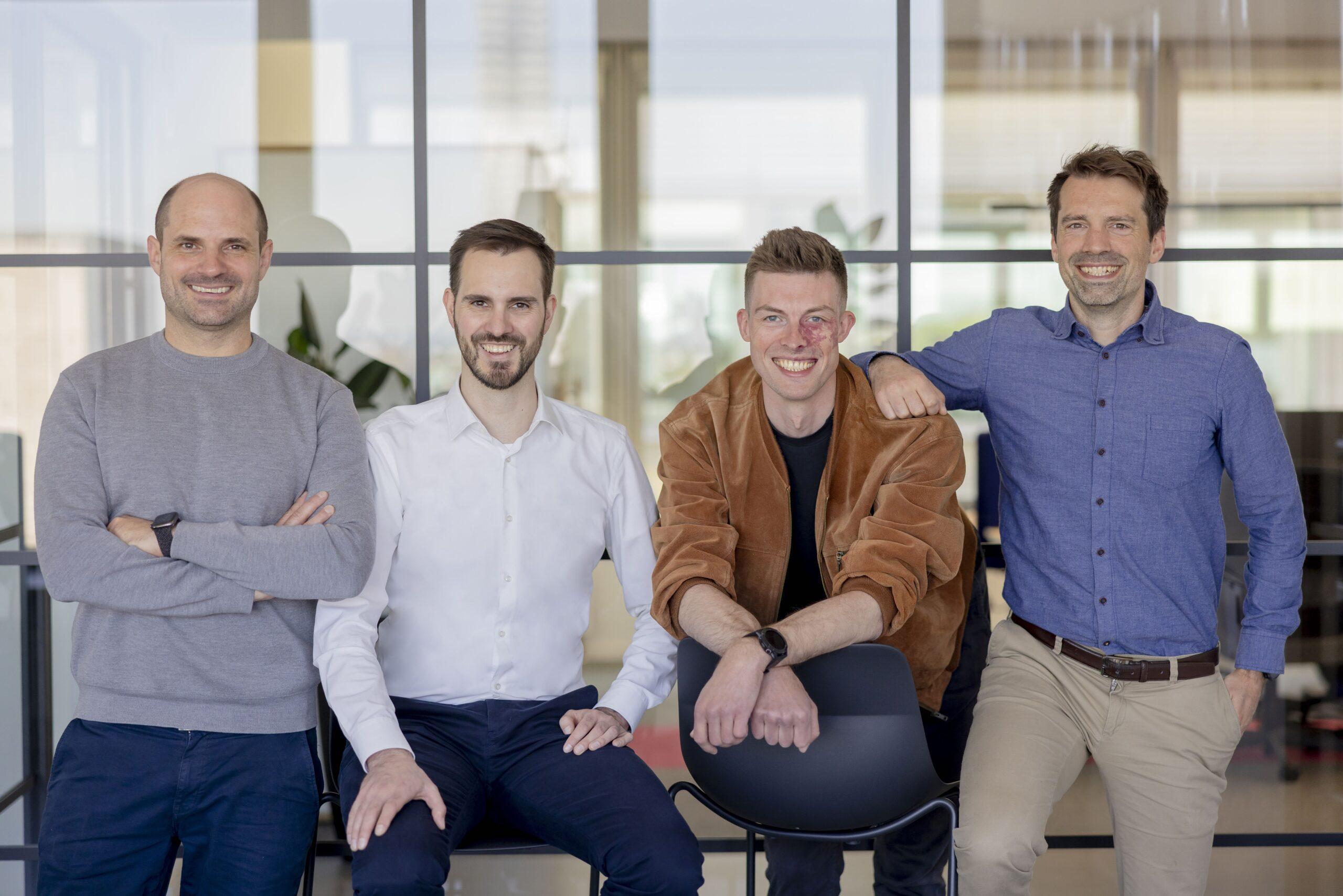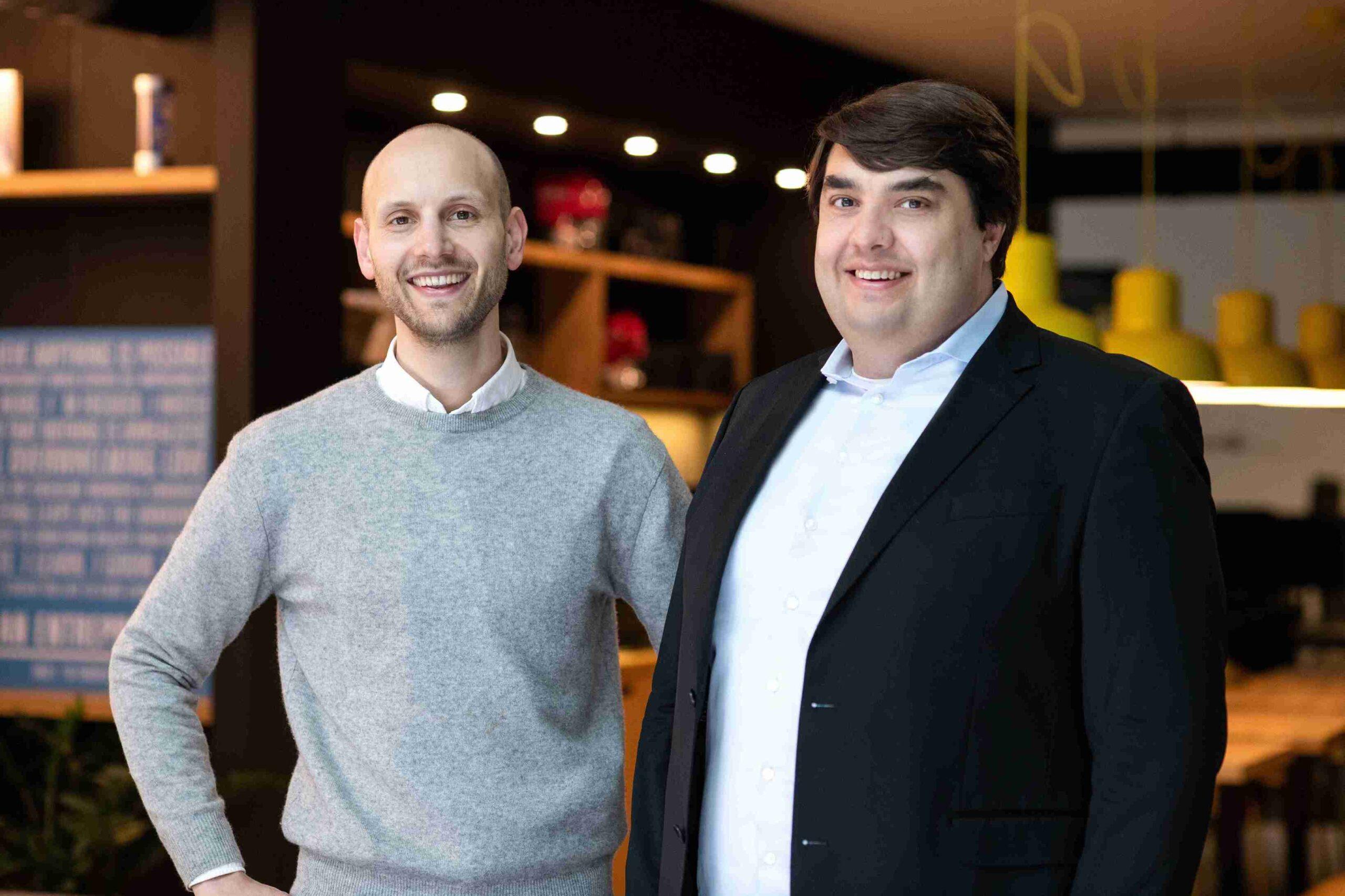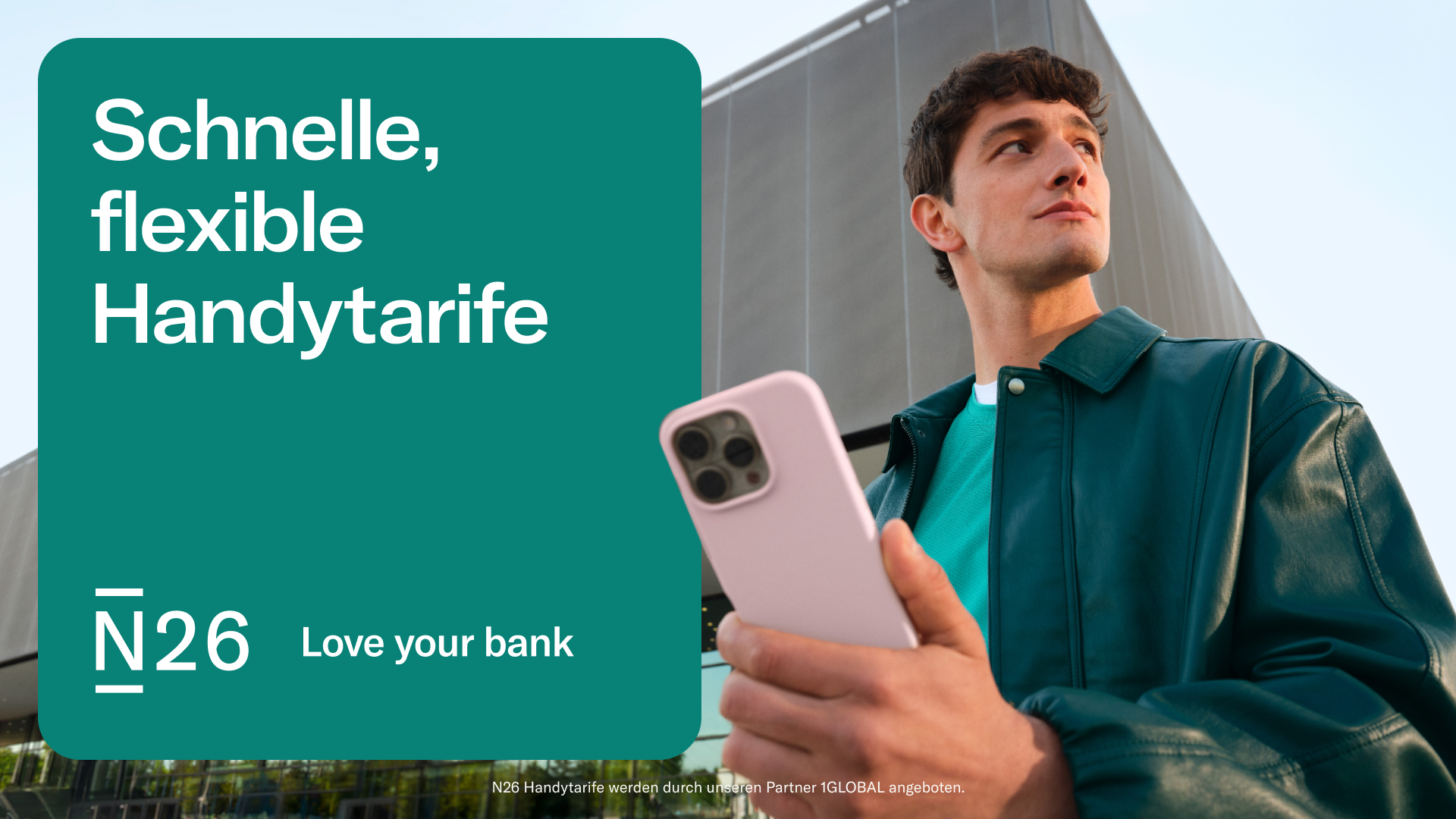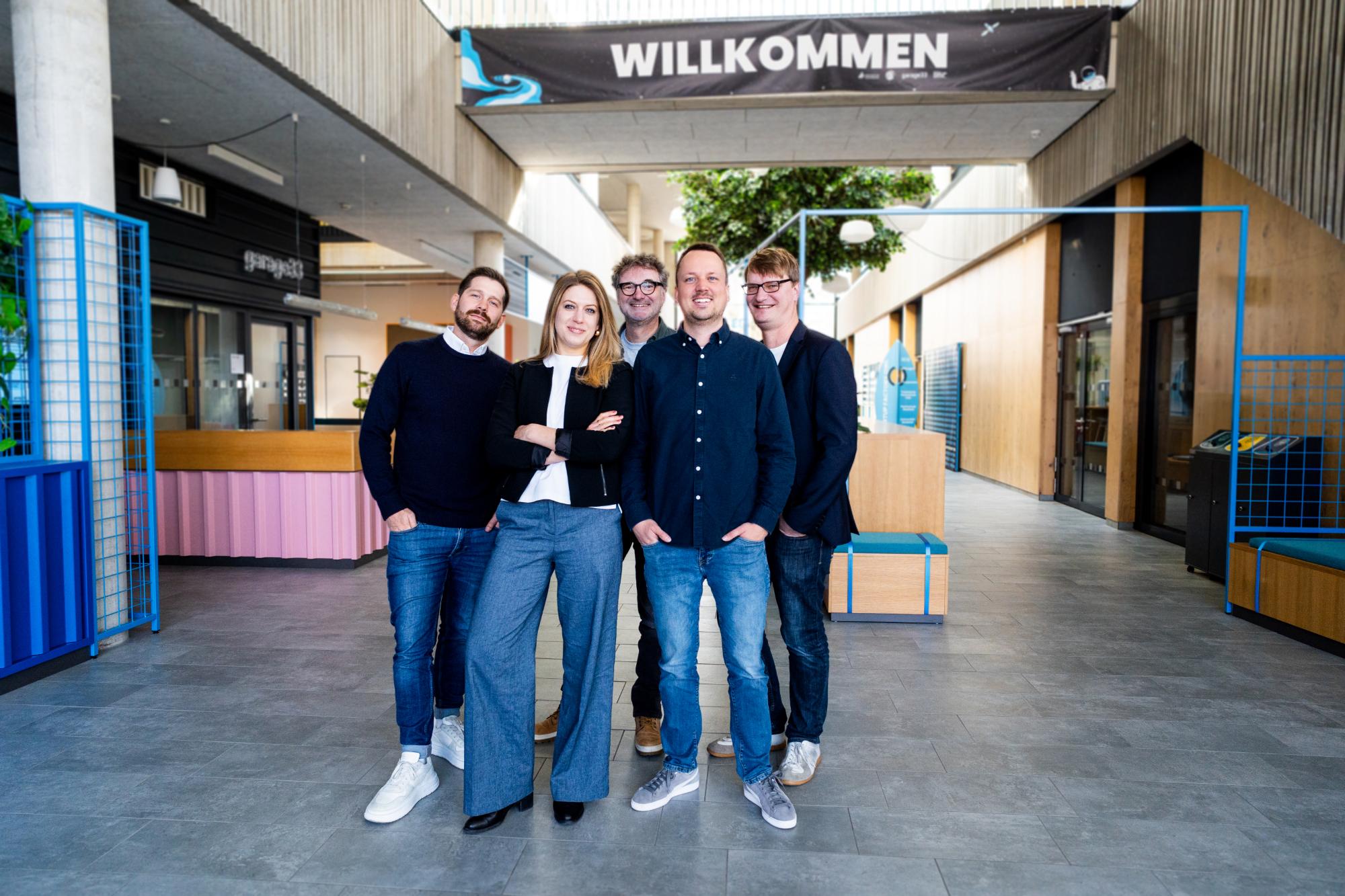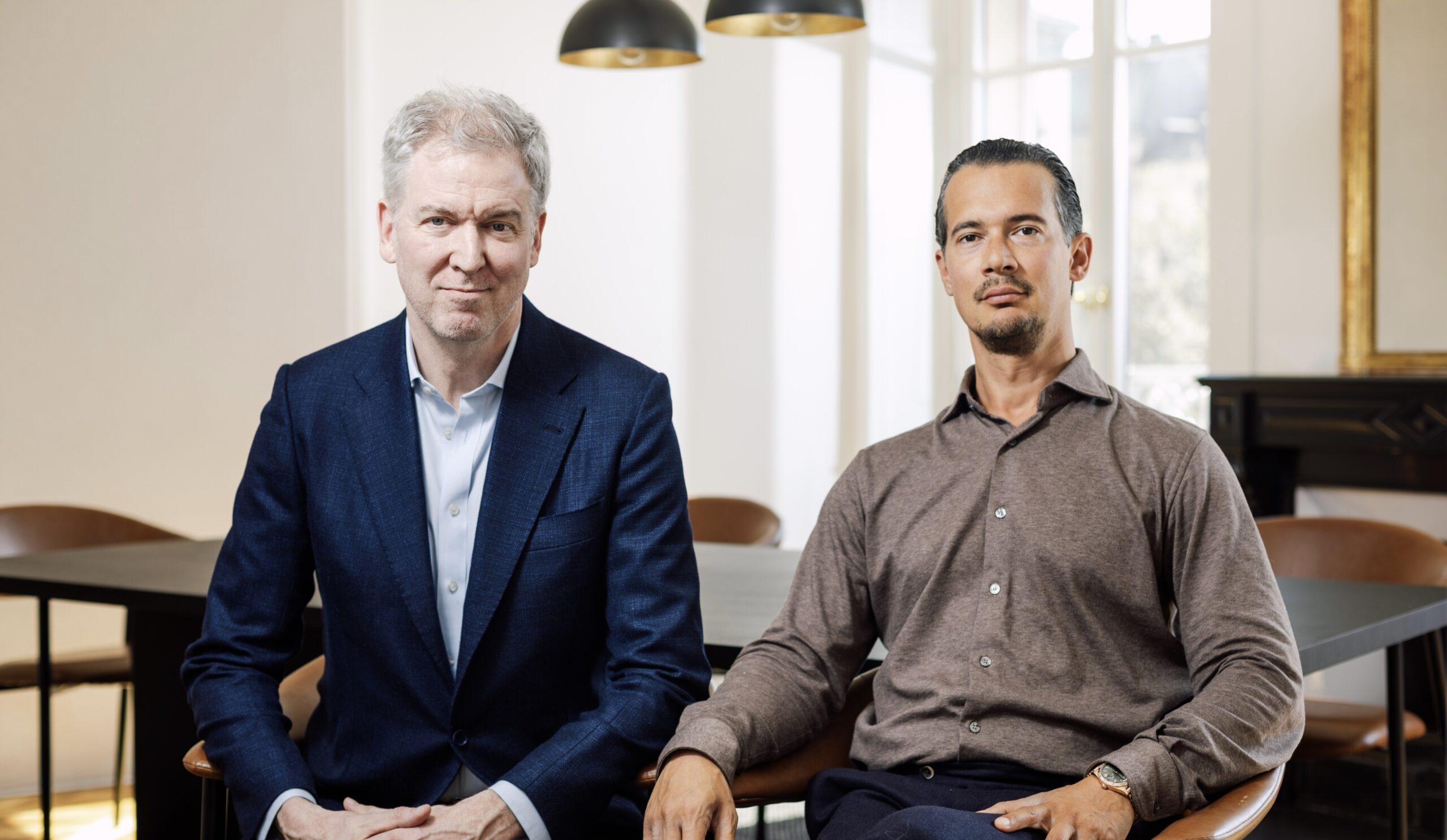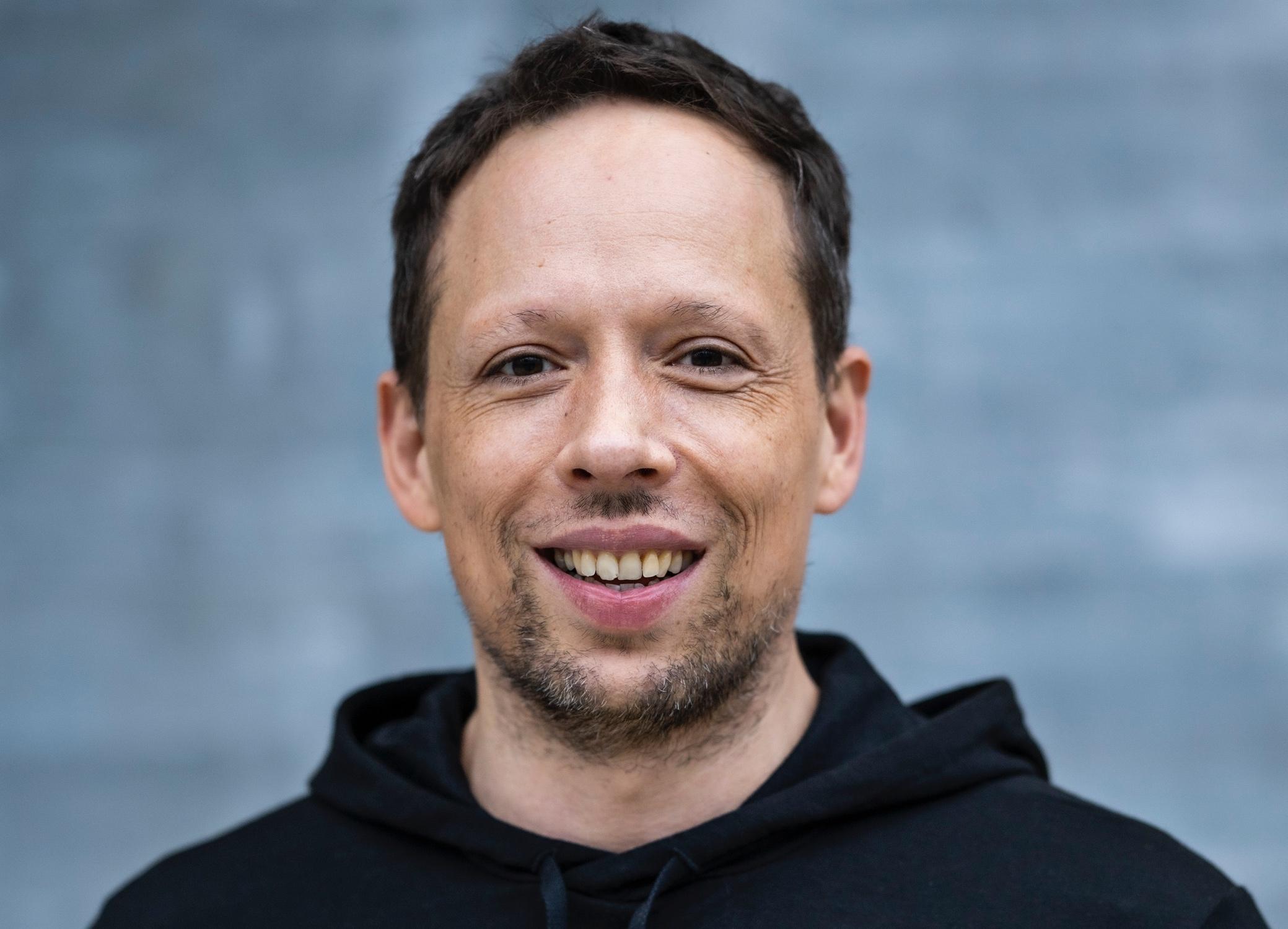"We are not a vitamin, we are medicine"

With her start-up Mindsurance, Viktoria Lindner wants to help companies improve and preventively strengthen the mental health of their employees. In this interview, she explains how this is supposed to work - and why it is dangerous to underestimate the topic.
Three years after founding her first start-up Driveimpact, a marketplace for the placement of HR freelancers, Lindner wanted to devote herself to her great passion, mental health, and founded her second company. She is starting all over again with Mindsurance and would do it again at any time.
Ms. Lindner, why did you found Mindsurance?
I studied psychology, so I have a background in psychology. Even during my studies, I realized that I had a passion for the topic of mental health. Corona and the effects of the pandemic in my environment made me realize how important the topic is and how little is talked about it and even more so how little is done for mental health.
What do you want to achieve with Mindsurance?
Our vision is to create a platform with a qualified selection of offers that helps companies to improve the mental health of their employees. With Mindsurance, we want to offer a digital practice experience that welcomes users, where they are listened to, can easily find the right offers and then get started right away
What sets Mindsurance apart from other providers?
There are very good providers in the B2C sector, but they lack contact with B2B. We have a solution that gives niche offers a platform on both the provider and consumer side and establishes contact with company employees. All of our offers come from manufacturers who have been able to prove the effectiveness of their products in studies. What also sets us apart is the variety and diversity of offers, from niche to widespread problems. Our matching principle and the educational work we do are extremely relevant and make us unique.
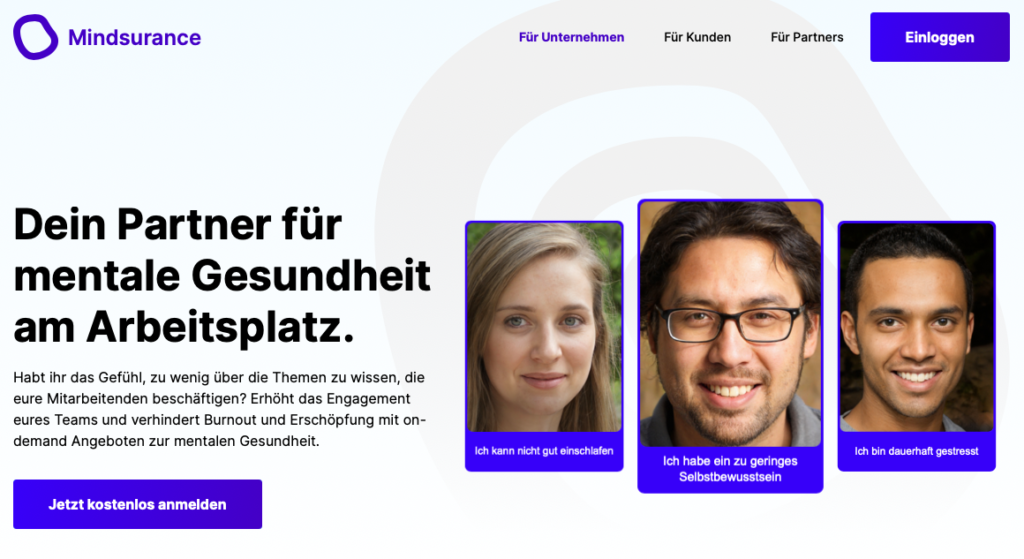
How has the attitude towards psychological services changed during the pandemic?
Since the beginning of the pandemic, we have noticed a very strong change. Companies no longer see mental health as an issue that can be fobbed off with yoga in the lunch break, but have understood that it requires a strategy throughout the entire company. Corona and now the war in Ukraine have highlighted the extreme impact that such exceptional situations can have on mental health.
Are you yourself active as a psychologist at Mindsurance? After all, that's what you studied.
I don't work as a psychologist at Mindsurance, but with my team in the sales and B2B area. My daily tasks include everything to do with customer acquisition, building customer relationships, marketing and brand development. When talking to companies and partners, it is of course always an advantage to be a specialist and to know what you are talking about.
What do you do with the knowledge you gain about all these people?
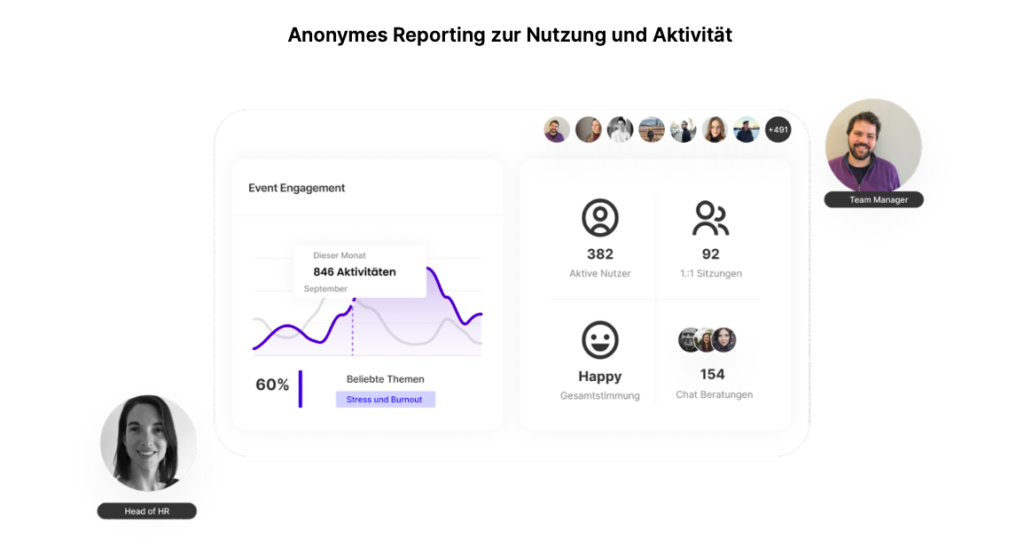
On the personal side, everything is anonymized. Customers should and can trust us completely. The only thing we record is activity and which issues have arisen most frequently. Based on this, we create a Mental Health Index, which is a meta-analysis of employees' mental health and the issues that concern them. Our customer care specialists then also sit down with the company's HR teams and jointly develop workshops and modules to provide employees with even better support. We solve problems not only at individual level but also at team level.
Which problems are most common among employees?
Stress is high up in the rankings. The issue of isolation and loneliness was very present again due to coronavirus and the winter months. And many are also concerned with relationship issues. FOMO ("Fear of missing out") has also been very prevalent recently, because during the lockdown many people felt they had missed out on something that they now want to catch up on.
Where would you like Mindsurance to be in five years' time?
Our vision is to be an online mental health practice where everyone can get easy access and help and work on their mental health in the long term - preferably preventively and not just when the symptoms become acute and it is difficult to get out of them. Our aim is to be a contact point for people with various mental health challenges and needs throughout Europe. We also want to extend our services to family members, because we realize that very often a person is indirectly affected by the mental health problem of someone close to them.
What was the biggest challenge you faced when setting up the company?
Creating awareness for the topic of mental health was a big issue for us. It is still very stigmatized. We still have to do a lot of educational work in companies and make them understand that we are not a vitamin, but medicine and that mental problems are real. Building the team wasn't easy at the beginning either. The team is incredibly important and the early employees in particular have a significant impact on the corporate culture.
What is your biggest learning from your time as a founder?
There are millions of books on founding a start-up, but there isn't one that can be applied to every company. You can't simply copy from other companies and there is no template that tells you what to do. Founding a company means trying out a lot. Some things work, others don't. It's a bit like sinking ships, at some point it becomes clear where the ships lie. For me personally, the differences between bootstrap and venture capital financing were another important learning. With bootstrap, you can take more time and have less pressure. With venture capital financing, you have a kind of deadline by when certain things have to be done, so there is time pressure.
Thank you very much for the interview.
Personal details: Viktoria Lindner, who studied psychology, founded her second start-up, Mindsurance, within three years after Driveimpact.

Newsletter
Startups, stories and stats from the German startup ecosystem straight to your inbox. Subscribe with 2 clicks. Noice.
LinkedIn ConnectFYI: English edition available
Hello my friend, have you been stranded on the German edition of Startbase? At least your browser tells us, that you do not speak German - so maybe you would like to switch to the English edition instead?
FYI: Deutsche Edition verfügbar
Hallo mein Freund, du befindest dich auf der Englischen Edition der Startbase und laut deinem Browser sprichst du eigentlich auch Deutsch. Magst du die Sprache wechseln?
